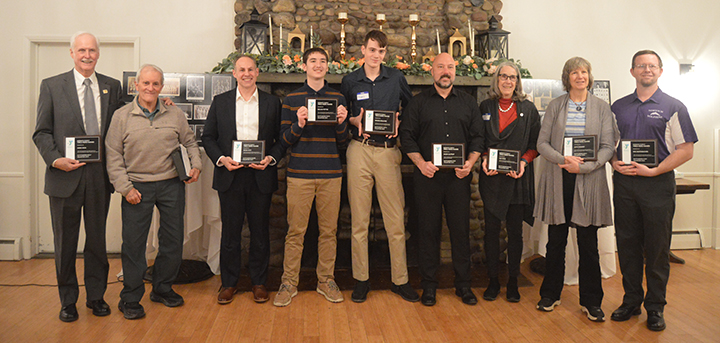Gas drilling moratorium passes NY Senate
ALBANY – The New York Senate put water safety first and passed a nine-month moratorium on drilling in the abundant natural gas reserves held within the Marcellus Shale.
In a vote of 48-9 late Tuesday night, gas and oil companies would be restricted from engaging in a process known as hydraulic fracturing of all shale formations through May 15, 2011. Opponents fear the horizontal drilling technique could endanger drinking water, but the industry says it has been done safely for decades and has the potential to make the United States a world leader in natural gas production.
The setback is yet another delay for multinational oil energy corporations who are already drilling in the Appalachian Basin’s mile deep Marcellus strata in other states. New York Governor David Paterson has held them at bay since directing the Department of Envirnomental Conservation to rewrite the rules for hydrofracturing. The drafting process has so far taken two years.
Hydrofracturing breaks apart shale by forcing millions of gallons of water mixed with sand, soap and chemical additives that some experts say may have the potential to damage the drinking water supply. More than 17 million people from Philadelphia to New York City draw their water from upstate areas that have been targeted for exploration.
The bill, which still must make its way through the Assembly and onto the Governor’s desk for signing, will allow for more comprehensive study, its backers say.






Comments